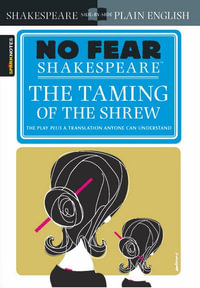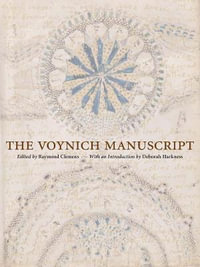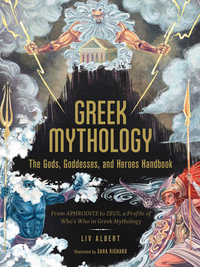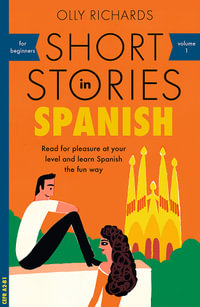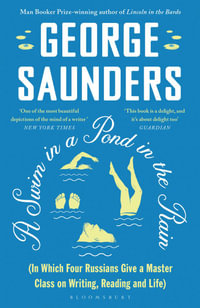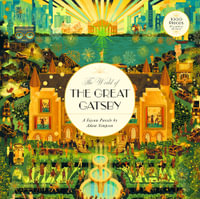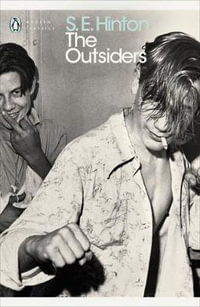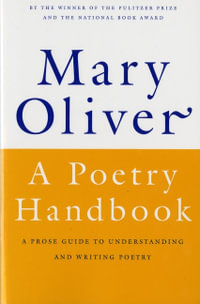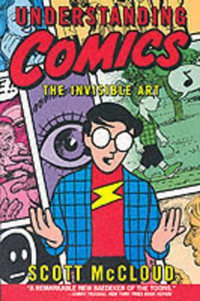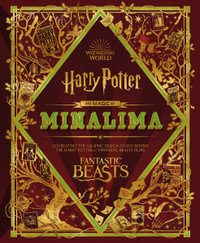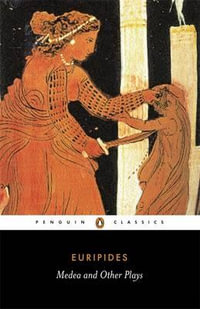An investigation of the considerable influence of Wagner's stay in Zurich from 1849 to 1858 -- a period often discounted by scholars -- on his career.
When the people of Dresden rose up against their king in May 1849, Richard Wagner went from Royal Kapellmeister to republican revolutionary overnight. He gambled everything, but the rebellion failed, and he lost all. Now a wantedman in Germany, he fled to Zurich. Years later, he wrote that the city was "devoid of any public art form" and full of "simple people who knew nothing of my work as an artist." But he lied: Zurich boasted arguably the world's greatest concentration of radical intellectuals and a vibrant music scene. Wagner was accepted with open arms. This book investigates Wagner's affect on the musical life of the city and the city's impact on him. Mathilde Wesendonck emerges not as Wagner's passive muse but as a self-assured woman who exploited gender expectations to her own benefit. In 1858, Wagner had to flee Zurich after again gambling everything -- this time on Mathilde -- and again losing.But it was in Zurich that Wagner wrote his major theoretical works; composed Das Rheingold, Die Walkure, and parts of Siegfried and Tristan und Isolde; first planned Parsifal; held the first festival of his music; and conceived of a theater to stage his own works. If Wagner had been free in 1849 to choose a city in which to seek heightened intellectual stimulation among the like-minded and the similarly gifted, he could have come to nomore perfect place.
Chris Walton teaches music history at the Musikhochschule Basel in Switzerland. He is the recipient of the 2010 Max Geilinger Prize honoring exemplary contributions to the literary and cultural relationship between Switzerland and the English-speaking world.
Industry Reviews
Just when one thinks everything that could possibly be written about Wagner has been written, along comes a new point of view.... There are real surprises here and many an obscurity brightened up or revealed .... The writing is erudite... an important addition to the Wagner bibliography. * AMERICAN RECORD GUIDE *
The connections and meetings among contemporary composers such as Huenerwadel, Baumgartner, Eschmann and Wagner that Walton brings out are striking, [as are] the similarities that he establishes between Wagner and Brahms, like Wagner a friend of Swiss landscape and culture. * SCHWEIZER MUSIKZEITUNG *
Walton's deep knowledge of his subject allows him to draw subtle and unexpected connections throughout.... meticulously researched and highly readable...packed with information and insight on a crucial decade of Wagner's life: a must-buy for Wagner scholars and enthusiasts. * THE WAGNER JOURNAL *
Filling in many gaps ..., [this book] has the feel of freshly discovered research materials.... In a detailed analysis of [Mathilde Wesendonck's] relationship with Wagner ... Walton presents the convincing (and still quite novel) view that, far from being Wagner's 'white piece of paper,' she 'became an important sounding-board for [his] plans and theories. * GRAMOPHONE *
[Examines] details of extant scores and orchestral parts from Wagner's performances of, for instance, Mozart's 'Jupiter' Symphony ... almost recreating in our minds a few moments from actual concerts. This chapter was thrilling from start to finish. * MUSIC & LETTERS *
Anyone interested in Wagner the man and composer should seek out this work. * NOTES *
[Walton's] virtuoso knowledge of day-to-day data enables [him] to trace in detail Wagner's dealings with musicians, publishers and others, with some surprising conclusions about Wagner the man and artist. .. His depth of research, his discovery of important aspects of Wagner's Zurich period, and his comments on the music, stylistic rather than analytical, enrich us with a fuller than ever picture of Wagner's personal and artistic development at a crucial period. * NINETEENTH CENTURY MUSIC REVIEW *




